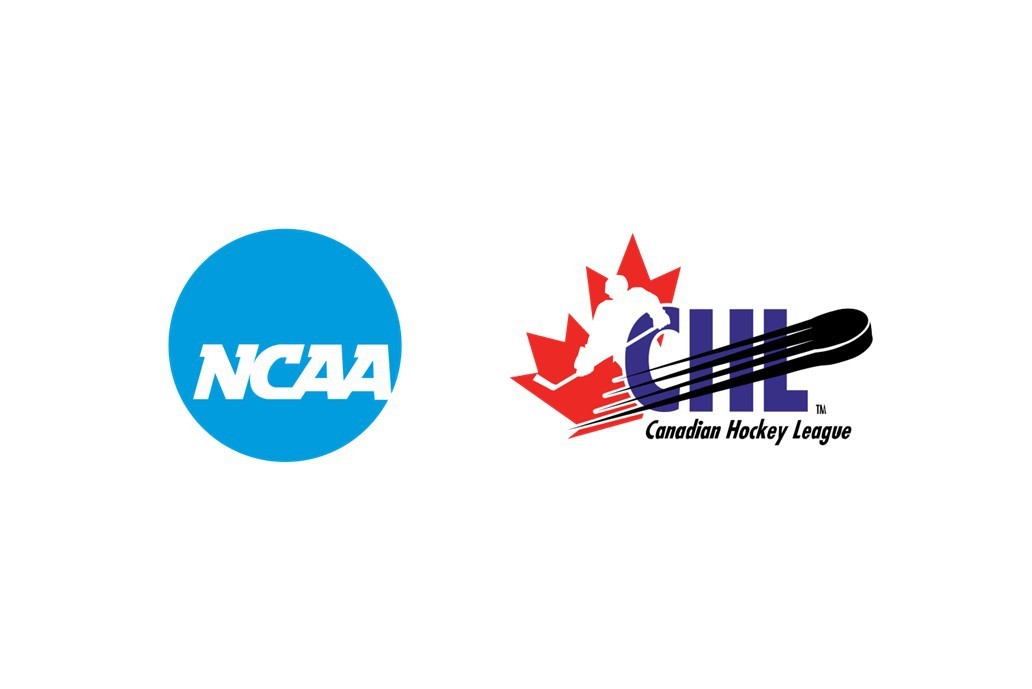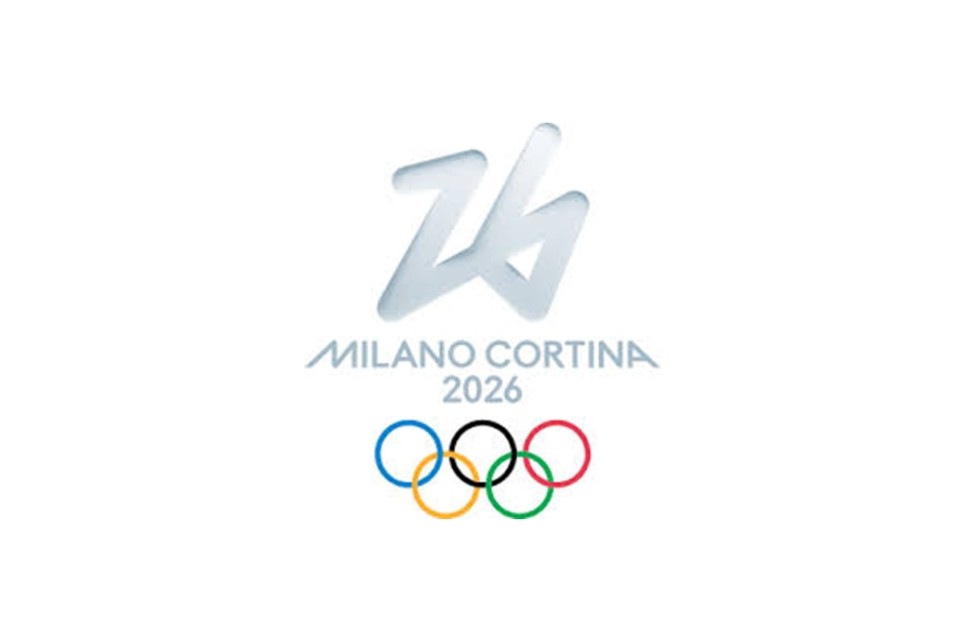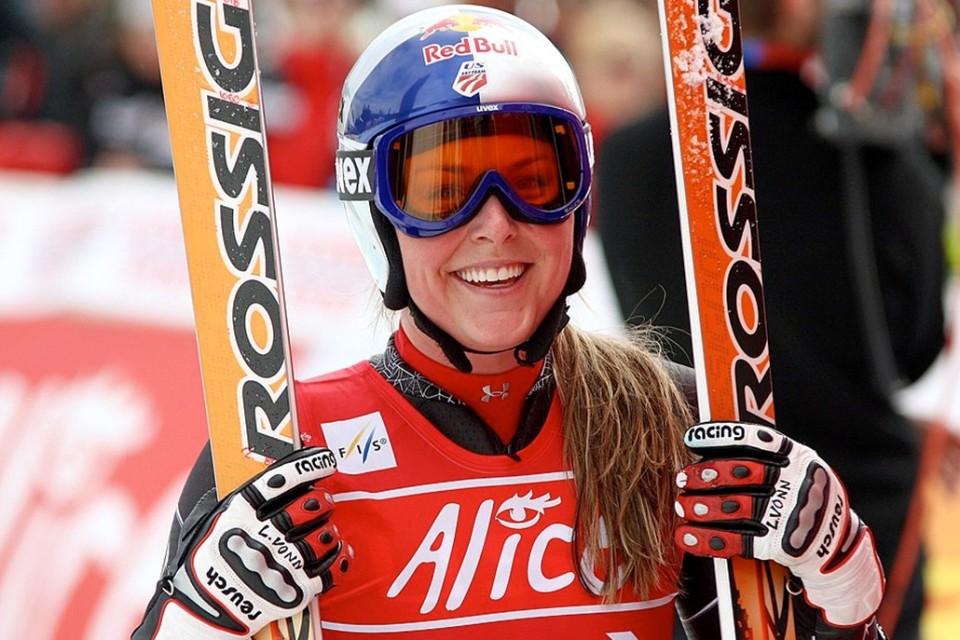Fri, November 08, 2024
NCAA allows Canadian Hockey League players to compete on U.S. college teams

Canadian Hockey League (CHL) players will be allowed to compete in the CHL without jeopardising their National Collegiate Athletic Association (NCAA) Division 1 hockey eligibility from August 1, 2025.
The CHL is comprised of the Ontario Hockey League (OHL), Western Hockey League and Quebec Maritimes Junior Hockey League.
A class-action lawsuit was filed August 13 in U.S. District Court in Buffalo, New York, challenging the eligibility ban.
The lawsuit was fuelled by Ontario’s Riley Masterson who is now 19 years old. He lost his college eligibility when, at 16, he appeared in two exhibition games for the OHL’s Windsor Spitfires.
Prior to the legal action, the NCAA had a longstanding ban preventing CHL professionals from playing on U.S. college teams. A CHL professional was previously defined as a player who received up to $600 per month for living expenses. Those competing at Major Junior level or professional level can keep NCAA eligibility now if they are not paid more than “actual and necessary expenses.”
The NCAA defines “necessary expenses” as ones “necessary or required for your participation in practice or competition, including but not limited to: meals, lodging, transportation, apparel, equipment, supplies, coaching, ice time, medical treatment (health insurance), and entry fees.”
CHL players will now be able to play NCAA hockey when they become college eligible and will no longer have to choose between the CHL and NCAA.
Due to these developments, 20-year-old player Braxton Whitehead verbally committed to Arizona State. This makes him the first CHL player to attempt to play hockey at the Division I U.S. college level.
Central Collegiate Hockey Association Commissioner Don Lucia said: “Everyone expected the rule to change. Now we will have to adapt. There may be a few issues as we transition. But hopefully, in time, it will prove to be a positive change for all involved.”
National Hockey League (NHL) agent Allan Walsh said: “This revolutionary development is great news for young players and their families, who will no longer be faced with the momentous decision of playing major junior or going the NCAA route.”
He continued: “The young players and their families can now make decisions based on what’s best for them, not what’s best for the CHL or NCAA.”
The $600 CHL players receive is not considered income for tax purposes. However, some may now be more drawn to the scholarships and endorsements that come with a place at a U.S. college.
This change may encourage the CHL to increase its investment in players and education to compete with the NCAA.
This change could also mean CHL players fill college spaces expected to be taken by Americans. The CHL may increase its current limit of two non-north American import players per roster to help combat a loss of players.
National Hockley League agent Brian Bartlett said: “With a larger player pool, hopefully more NCAA schools will consider adding hockey programs to provide opportunities for those additional players.”
Despite the possible setbacks, the CHL called the change “positive.”
The attorneys behind the lawsuit have said that they will continue pursuing the lawsuit to seek damages for players who join the class-action case and have been affected by the ban from August 12, 2020.
This change is also relevant to skiing, aligning hockey and skiing with NCAA eligibility rules for other sports.



